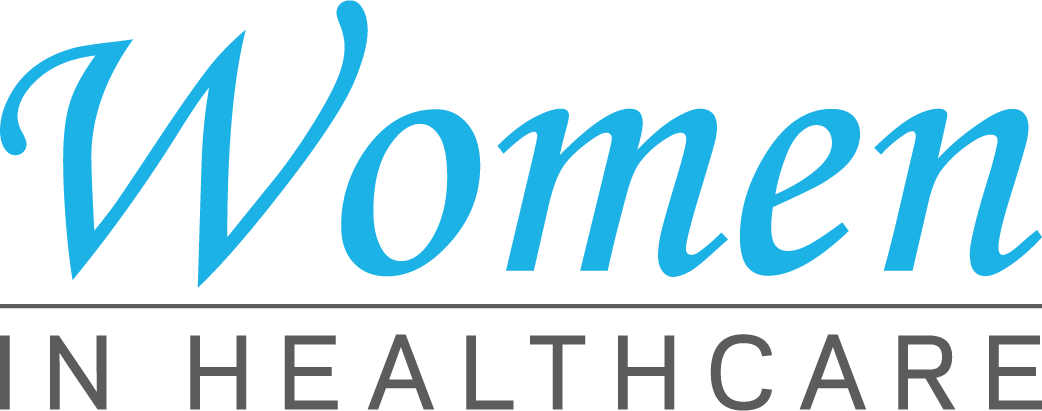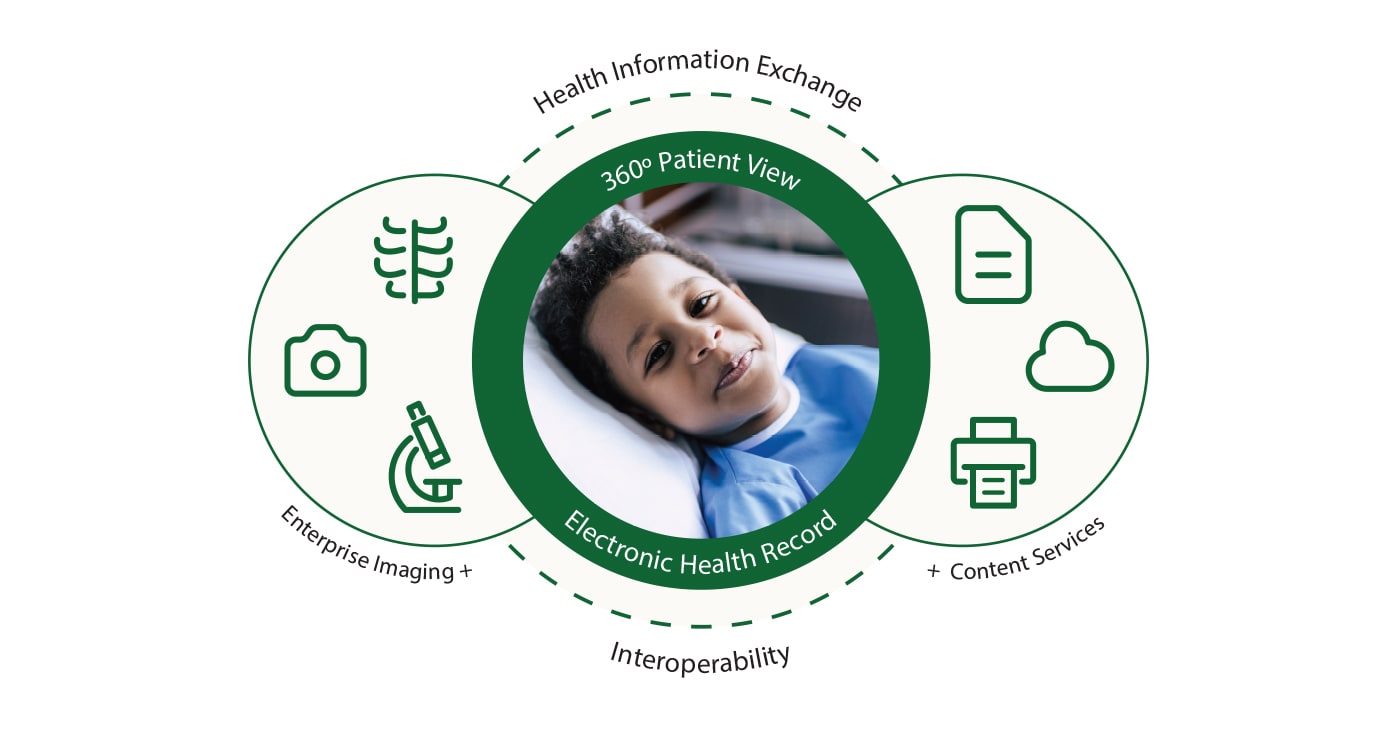Recognizing the Duty of Health Care RCM in Enhancing Financial Efficiency and Patient Complete Satisfaction
Navigating the ins and outs of Healthcare Earnings Cycle Management (RCM) is vital for accomplishing ideal financial efficiency while at the same time elevating individual contentment. As we explore the transformative capacity of RCM, concerns regarding its strategic implementation and future innovations bid, encouraging insights that could redefine market criteria and patient experiences alike.

Secret Components of RCM
In the facility landscape of health care, Earnings Cycle Administration (RCM) is crucial in guaranteeing monetary security and operational performance. A comprehensive RCM system encompasses numerous essential elements, each playing an essential duty in the seamless monitoring of a doctor's financial processes. Individual registration and qualification confirmation are foundational actions, making sure that precise person details is recorded and insurance coverage is validated before solutions are rendered. This decreases the danger of insurance claim rejections and accelerates the reimbursement process.

Fee capture is an additional vital element, involving the precise recording of services supplied to individuals. It guarantees that all billable services are represented, thereby maximizing earnings possibility. Simultaneously, medical coding translates patient experiences right into standardized codes, which are important for billing and regulatory conformity.
Insurance claims submission and monitoring follow, entailing the prep work and entry of claims to payers. This procedure calls for careful attention to information to reduce errors and protect against hold-ups. Rejection administration is a proactive approach to deal with and deal with rejected claims, safeguarding earnings streams.
Finally, payment publishing and individual collections complete the cycle, ensuring repayments are accurately tape-recorded and superior equilibriums are gone after. With each other, these parts form a durable structure that sustains the financial and functional health and wellness of health care organizations.
Influence On Financial Performance
Effective Income Cycle Monitoring (RCM) substantially affects a health care company's economic efficiency by maximizing capital and minimizing income leak. RCM incorporates the thorough billing and collection processes that make sure doctor effectively manage their financial deals from patient registration to last payment. By improving these processes, organizations can lessen rejected insurance claims, speed up payment cycles, and boost total monetary health.
Monetary performance is improved via meticulous monitoring of billing procedures, which includes accurate coding and timely submission of claims. This decreases the likelihood of case denials and denials, which can significantly impede earnings circulation otherwise resolved without delay. Additionally, integrating advanced technology services assists in real-time monitoring of claims and monetary metrics, offering medical care administrators with the tools needed to make informed strategic choices.

Enhancing Patient Fulfillment
While enhancing financial efficiency is a vital purpose of Earnings Cycle Administration (RCM), it likewise plays an essential role in boosting patient complete satisfaction. Clients today need openness, performance, and website here accuracy in their health care interactions. RCM systems simplify these procedures, offering people a seamless experience from appointment scheduling to repayment. By reducing management concerns, RCM enables medical care suppliers to concentrate much more on patient care, which straight improves patient contentment.

RCM likewise boosts patient satisfaction with reliable interaction. By preserving a thorough data source of client info, RCM assists in boosted interaction in between individuals and healthcare service providers, ensuring patients feel educated and valued. This openness and accessibility promote a positive patient experience. Generally, effective RCM application not only enhances economic end results yet also dramatically contributes to a patient-centered healthcare environment.
Techniques for Effective RCM
Achieving effective Income Cycle Administration (RCM) calls for health care companies to implement a collection of tactical practices that ensure monetary stability and operational effectiveness. One crucial approach is the adoption of technology-driven services, such as incorporated software application systems that streamline billing procedures, reduce mistakes, and boost information accuracy. These systems allow real-time tracking of financial metrics, allowing for timely identification and rectification of inefficiencies.
One more approach is the standardization of procedures across the profits cycle. Healthcare RCM. This involves establishing consistent plans for person enrollment, insurance coverage confirmation, and declares processing. By ensuring that all staff adhere to these criteria, organizations can decrease disparities and accelerate payment collections
Staff training and advancement also play an essential role in efficient RCM. Trained personnel can successfully navigate intricate billing procedures and policies, lowering denials and boosting cash money circulation. Routine updates on plan adjustments and ideal practices help keep a educated and skilled labor force.
Future Trends in RCM
As health try this website care companies improve their Income Cycle Management (RCM) techniques with modern technology and standardized procedures, interest is currently transforming towards the future fads forming this crucial location. One significant pattern is the integration of fabricated intelligence (AI) and maker knowing to automate complex tasks, such as claims refining and predictive analytics. These technologies are anticipated to minimize errors, increase deal times, and offer data-driven understandings for better decision-making.
Additionally, the change in the direction of value-based care remains to influence RCM methods - Healthcare RCM. Doctor are expected to increasingly concentrate on patient outcomes and fulfillment, necessitating RCM systems that can suit new reimbursement models. This change will certainly need more comprehensive data collection and analysis to effectively report and gauge on performance metrics
Interoperability is an additional emerging top priority, as smooth information exchange in between inconsonant systems becomes vital. Enhanced interoperability will facilitate more precise client click this site info sharing, lowering administrative burdens and boosting the patient experience.
Conclusion
Healthcare Revenue Cycle Management (RCM) considerably affects both economic efficiency and person satisfaction by enhancing invoicing processes, ensuring precise coding, and making it possible for prompt cases entry. Reliable RCM lessens revenue leakage and accelerates money circulation, decreasing case rejections and accelerating payments.
Browsing the ins and outs of Health care Profits Cycle Monitoring (RCM) is essential for achieving ideal financial efficiency while simultaneously elevating client satisfaction. RCM includes the extensive invoicing and collection processes that guarantee health care suppliers effectively handle their monetary deals from patient registration to final settlement. By decreasing management worries, RCM allows medical care companies to concentrate more on individual care, which directly improves individual satisfaction.
By maintaining an extensive database of client info, RCM helps with improved communication between patients and health care service providers, ensuring clients feel notified and valued.Healthcare Earnings Cycle Management (RCM) considerably affects both monetary performance and individual complete satisfaction by optimizing invoicing processes, ensuring specific coding, and allowing punctual insurance claims submission.